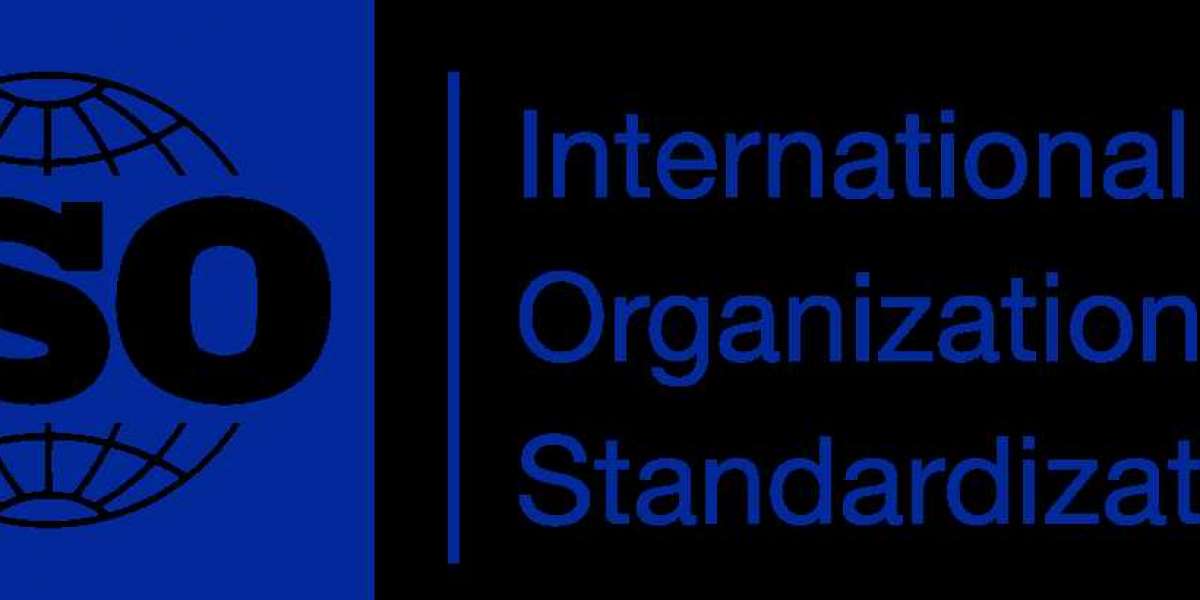Table of Contents
Understanding ISO Certification: The Basics
Why ISO Certifications Matter for Modern Businesses
A Closer Look at Popular ISO Standards
Key Benefits of Getting ISO Certified
Step-by-Step: How to Achieve ISO Certification
Common Misconceptions About ISO Certification
Final Thoughts
FAQs
Understanding ISO Certification: The Basics
Let’s be real—ISO Certification sounds fancy, maybe even intimidating. But at its core, it’s simply a globally recognized stamp that says, “Hey, this business knows what it’s doing.”
The International Organization for Standardization (ISO) develops these standards to help businesses operate efficiently, maintain quality, reduce risk, and keep customers happy. An ISO Certification means you’ve met all the requirements of a specific ISO standard.
Think of it like getting your driver’s license, but for your business systems.
Why ISO Certifications Matter for Modern Businesses
Still wondering, “Do I really need one?” Let’s break it down:
Trust and Credibility: Customers and partners trust businesses with certifications because they prove you follow best practices.
Market Access: Some contracts, especially government and international ones, require ISO Certifications.
Operational Efficiency: These standards aren’t just red tape—they actually improve how you run your business.
Risk Management: ISO standards help identify potential problems before they become real headaches.
Whether you’re a startup, a growing SME, or a multinational, ISO Certification can level up your game in a serious way.
A Closer Look at Popular ISO Standards
Now, let’s dig into the four most common ISO certifications every business should know.
ISO 9001 – Quality Management System (QMS)
This one’s the rockstar. ISO 9001 is all about making sure your products or services meet customer expectations consistently.
Streamlines operations
Reduces waste
Boosts customer satisfaction
ISO 14001 – Environmental Management System (EMS)
Want to go green and show you care about the planet? ISO 14001 helps manage your environmental responsibilities.
Minimizes environmental impact
Reduces energy consumption
Enhances your brand image
ISO 45001 – Occupational Health Safety Management System (OHSMS)
Nobody wants accidents or unsafe working conditions. ISO 45001 ensures a safer and healthier workplace.
Identifies workplace risks
Reduces downtime and absenteeism
Builds a strong safety culture
ISO 27001 – Information Security Management System (ISMS)
This one’s a must in today’s digital age. ISO 27001 helps you protect your sensitive data from threats.
Enhances cybersecurity
Builds trust with clients
Meets legal and regulatory requirements
Key Benefits of Getting ISO Certified
Getting ISO Certified isn’t just for bragging rights. Here’s why it truly matters:
1. Win More Contracts
Clients, especially in government or global sectors, often require ISO Certification to even consider your proposal.
2. Improve Processes and Efficiency
ISO standards force you to look at your internal processes and streamline them, cutting down on wasted time and resources.
3. Strengthen Customer Satisfaction
With clear systems in place, your customers are more likely to get what they expect—every single time.
4. Boost Employee Engagement
When roles and responsibilities are clearly defined (thanks to ISO), employees know what’s expected and feel more empowered.
5. Better Decision-Making
ISO requires evidence-based decision-making. No more guessing—just data-driven actions.
Step-by-Step: How to Achieve ISO Certification
Getting certified may sound like a long road, but with the right guidance, it's very doable. Here's what to expect:
Step 1: Choose the Right ISO Standard
Pick the one(s) that align with your business goals. Not sure? A consultant can help.
Step 2: Gap Analysis
Figure out what you already do well and where you need to improve. This is like your business health check.
Step 3: Documentation and Implementation
Update or create processes and policies to meet the ISO standard requirements.
Step 4: Internal Audit
Do a test run! Your team checks everything before an external body comes in.
Step 5: Certification Audit
An accredited third party audits your business and confirms compliance.
Step 6: Ongoing Improvement
ISO isn't a one-and-done thing. You’ll need to keep improving and re-certifying every few years.
Common Misconceptions About ISO Certification
Let’s bust a few myths real quick:
“It’s only for big companies.” Nope. Small businesses can benefit just as much—sometimes more.
“It’s just paperwork.” It’s about systems and results, not just documents.
“It’s too expensive.” The long-term ROI far outweighs the initial investment.
Final Thoughts
ISO Certification isn’t just a badge—it’s a business transformation tool. It helps you grow, compete, and thrive in a competitive market. Whether you’re aiming for ISO 9001, ISO 14001, ISO 45001, or ISO 27001, you're not just checking boxes—you’re building trust, credibility, and a better future for your business.
So, don’t wait for clients to ask for it—get ahead of the curve and take your first step toward ISO excellence today.
FAQs
1. How long does it take to get ISO certified?
It typically takes 3 to 6 months, depending on your organization’s size and current processes.
2. Do I need a consultant to get ISO certified?
Not always, but a consultant can make the process smoother and faster, especially for first-timers.
3. Is ISO Certification mandatory?
Not legally—but many industries and clients require it as a standard of credibility.
4. What happens after I get certified?
You'll need to maintain compliance and go through surveillance audits every year, with recertification every 3 years.
5. Can I get certified in multiple ISO standards at once?
Absolutely! Integrated management systems let you combine ISO 9001, ISO 14001, ISO 45001, and ISO 27001 into one streamlined system.
Sponsored article: Mastering the ISC2 CC Certification: Elevate Your Cybersecurity Foundations with SkillCertExams Practice Mastery






